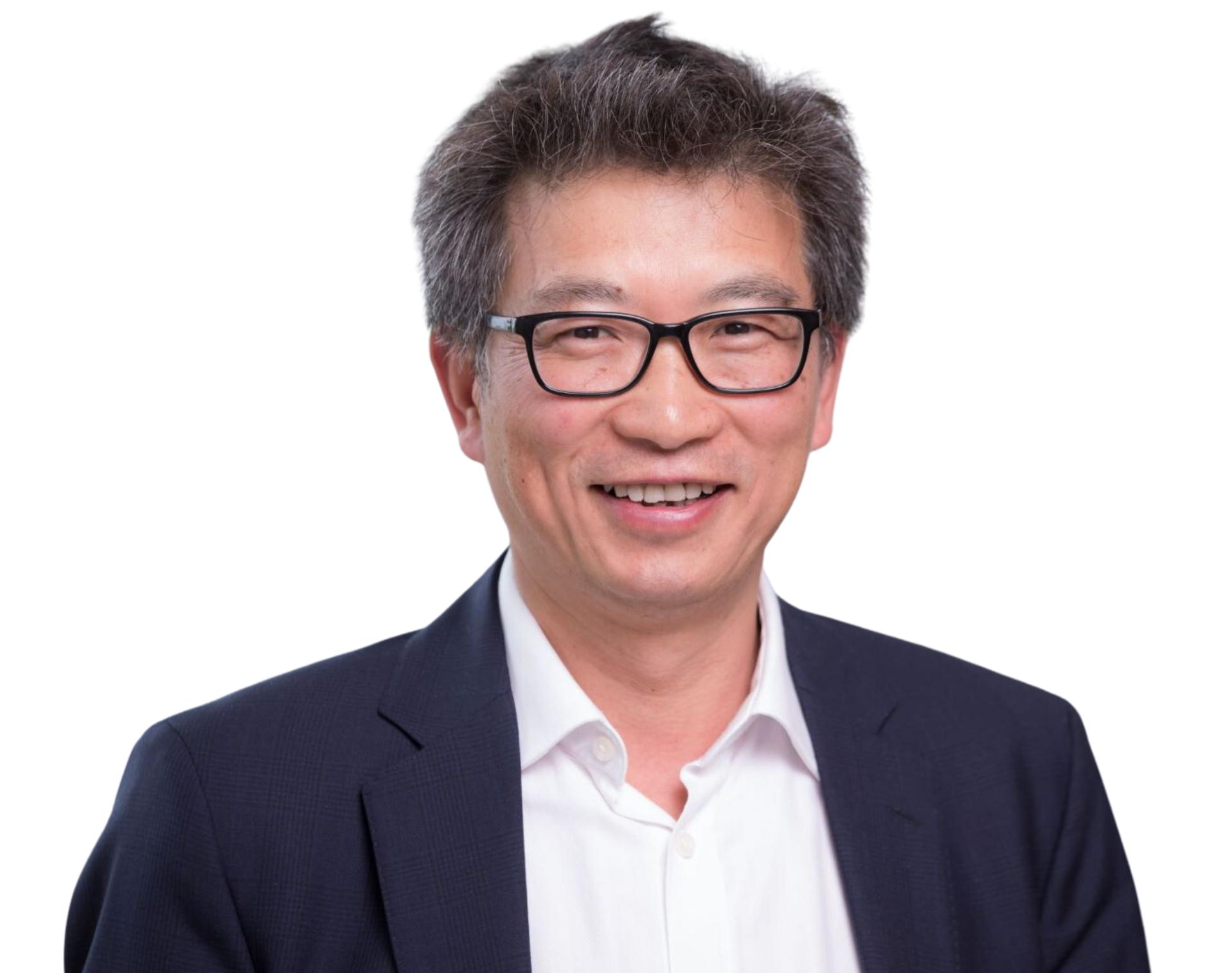Professor Long Jiao
Professor of Surgery and Consultant Surgeon in Hepatopancreaticobiliary and General Surgery
Digestive Health
Sub-specialties: Minimally Invasive Surgery, Laparoscopic Hepatobiliary and Pancreatic Surgery, General Surgery, Gallbladder and Bile Duct Disease, Hepatology, Laparoscopic Cholecystectomy, Hepato-Biliary and Pancreatic Disease, Hernia Repair, Complex Hernia Surgery, Liver Disease, Gallstones, Robotic/Laparoscopic Whipples, Pancreatic Cancer.

Overview
Professor Long R Jiao is a well-established hepatobiliary and pancreatic surgeon and is lead surgeon in HPB surgery at Hammersmith and Royal Marsden Hospitals, and an academic professor at Imperial College.
About Professor Long Jiao
Professor Long R Jiao is a well-established hepatobiliary and pancreatic surgeon with national and international reputation. He established, and now leads the UK’s first robotic hepatobiliary and pancreatic centre at the Royal Marsden Hospital; and performed the first robotic Whipple’s operation in the UK. The outcomes of his clinical work have all been published in peer reviewed journals over the years.
He is the lead surgeon in HPB surgery at Hammersmith and Royal Marsden Hospitals, and an academic professor at Imperial College.
He is in charge of training, as the regional training programme director in Northwest London, for general surgery; and an examiner for MRCS and FRCS for the Royal Colleges of Surgeons of England and Edinburgh.
Professor Long R Jiao MD FRCS (Eng) FRCS (Gen Surg) studied medicine at the Royal London Hospital Medical College and trained at the former Royal Postgraduate Medical School, Guy’s and St Thomas’ and King College Hospitals.
He has published over 200 peer-reviewed papers in journals such as Annals of Surgery, JCO, Hepatology, Gastroenterology, Lancet and Nature Communication. He is a regular contributor to JAMA Surgery and other surgical journals. He published the first article on radiofrequency in liver cancer in the UK, which has been cited worldwide. Academically, he has built a strong translational research team focusing on three main areas: microRNAs in pancreatic cancer for early diagnosis; the molecular biology of circulating tumour cells in liver and pancreatic cancer; and liver regeneration. He has published extensively in these areas.
Clinically, he is leading both the minimum invasive liver and pancreatic surgery and open surgery for advanced pancreatic and liver cancers, having performed the largest number of laparoscopic and Robotic pancreatic and liver operation in the UK, including the first Robotic Whipple’s operation in the UK and Malaysia. He has described a number of new techniques for pancreatic and liver operations such as non-touch technique for pancreatic cancer surgery (JAMA Surg 2014), LVPJ (JAMA Surg 2011), LPG (HBNS 2016) and RALPPS (Ann Surg 2015; Cancers 2019). He is the co-investigator for a number of national and international studies such as ESPAC5, EPOCI/II, EORTC V trials, FOXTROT and FOXFIRE, MASTERY.
Areas of Expertise
Professor Long Jiao performs a range of treatments, including:
- Robotic/ Laparoscopic cholecystectomy
- Robotic/Laparoscopic Whipple’s
- Robotic/Laparoscopic liver operation
- Surgery for advanced pancreatic and liver cancer
- Robotic / Laparoscopic pancreatic, liver and gallbladder surgery
- Early diagnosis of pancreatic cancer
- Robotic repair of incisional hernia.
Some of the conditions he commonly treats are:
- Liver and pancreatic cancer
- Liver and pancreatic benign diseases
- Gallbladder and biliary diseases and cancer
- Gallstones
- Neuroendocrine tumour
- Acute and chronic pancreatitis
- Complex caval tumours involving liver, inferior vena cava (IVC), adrenal glands and kidneys
- Complex recurrent incisional hernia.
Additional Information
Memberships
- Royal College of Surgeons of England
- International Hepatopancreaticobiliary Association
- American Association of Clinical Oncology
- European HPB association
Research Highlights
Professor Jiao’s current research interests include surgical technology and cancer biology, and early detection for pancreatic cancer.
His research aim is to improve patients’ survival and reduce operative risks through surgical innovation and translational research; and surgical techniques that minimise surgical trauma.
Major insurers served
If your insurer is not listed, please contact us to confirm your coverage. Please note this does not guarantee coverage or fee assurance. Patients should confirm with their insurer to ensure coverage, check if the doctor is fee-assured, or verify if their policy includes the doctor in question.







